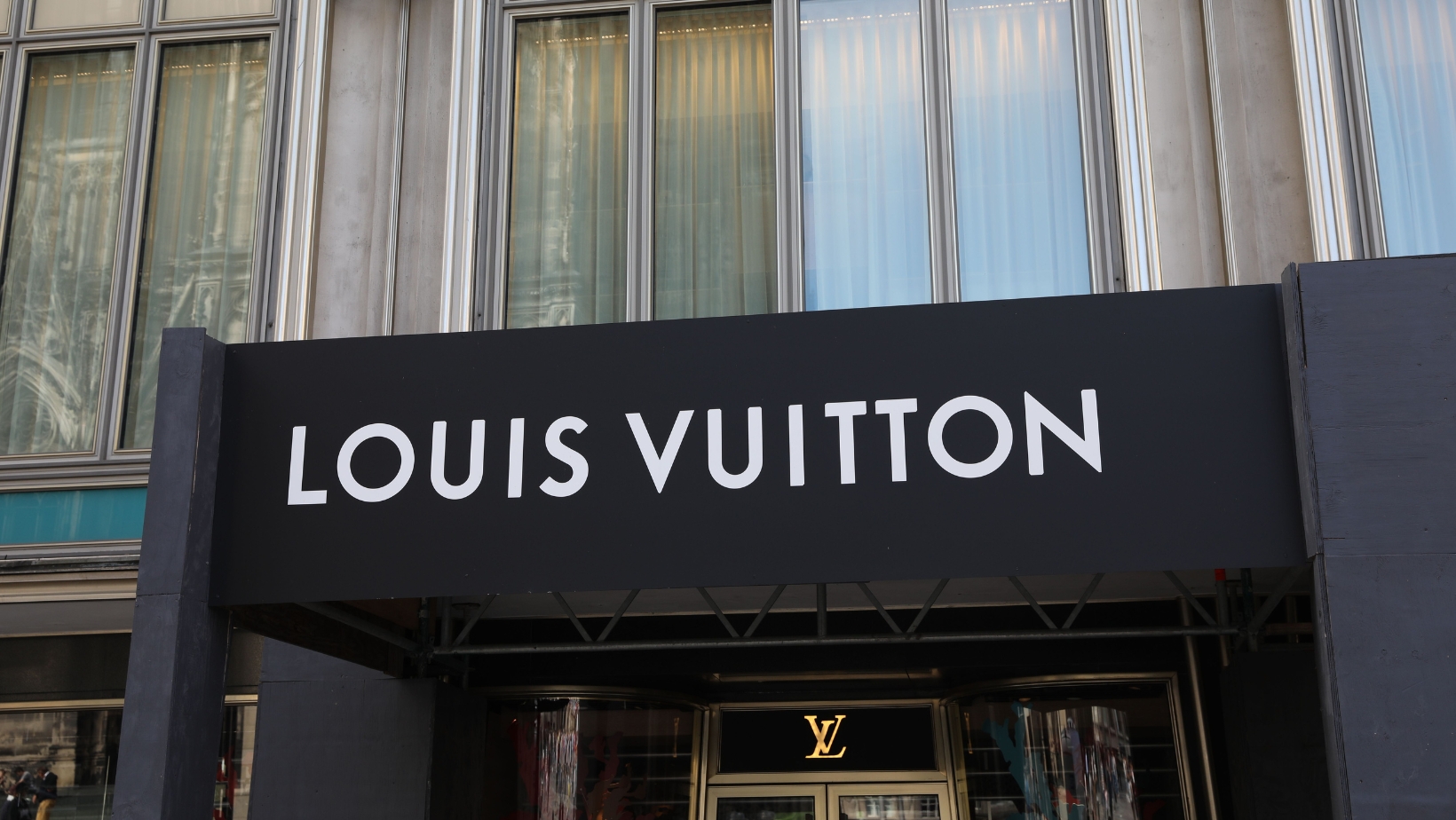When it comes to luxury fashion and goods, companies like LVMH have set the bar high in terms of success and brand recognition. These companies operate on a global scale, offering a wide range of products that cater to affluent consumers. With their extensive portfolios and strong market presence, they have become synonymous with high-end luxury.
Companies like LVMH not only excel in the fashion industry but also extend their influence across various sectors such as perfumes, cosmetics, watches, and jewelry. They boast an impressive lineup of prestigious brands under their umbrella, each with its own unique identity and loyal customer base.
One key factor that sets companies like LVMH apart is their ability to combine tradition with innovation. They uphold the legacy of craftsmanship while embracing modern technologies and trends. This balance allows them to maintain their allure while continuously captivating new generations of luxury enthusiasts.
Understanding LVMH: A Global Powerhouse
As we delve deeper into understanding these influential companies, we can appreciate the immense impact they have had on shaping the landscape of luxury worldwide. The rise of luxury conglomerates has been a remarkable phenomenon in the business world, with companies like LVMH paving the way for this new era of industry dominance. These conglomerates have not only transformed the landscape of luxury goods and services but also wield significant influence and power within their respective markets. Let’s explore this fascinating trend further.
One key factor behind the success of companies like LVMH is their ability to acquire and integrate various brands under one umbrella. By strategically expanding their portfolio, these conglomerates leverage economies of scale, synergies, and cross-promotion opportunities to maximize profits. For instance, LVMH boasts an impressive lineup of prestigious brands such as Louis Vuitton, Moët & Chandon, Hennessy, Christian Dior, and many more. This extensive brand portfolio allows them to cater to diverse consumer tastes while tapping into different market segments simultaneously.
Another driving force behind the rise of luxury conglomerates is the increasing globalization of markets. As emerging economies continue to flourish and create a new generation of affluent consumers, there is a growing demand for luxury products worldwide. Companies like LVMH have capitalized on this trend by expanding their reach into international markets through strategic partnerships or acquisitions. This global presence not only helps them capture a broader customer base but also allows for greater distribution channels and access to local expertise.
Furthermore, luxury conglomerates often benefit from strong brand recognition built over decades or even centuries. Brands like Louis Vuitton or Gucci have become synonymous with opulence and prestige due to their rich heritage and iconic status. This brand equity not only drives consumer loyalty but also allows for pricing power and premium positioning in the market.
Companies Like LVMH
When it comes to companies like LVMH, there are several formidable competitors in the luxury goods industry. These companies have managed to carve out their own niche and captivate consumers with their unique offerings. In this section, I’ll delve into some of the prominent players that give LVMH a run for its money.
- Kering: One of the top contenders in the luxury goods market is Kering. This French multinational conglomerate boasts an impressive portfolio of brands including Gucci, Saint Laurent, Balenciaga, and Bottega Veneta. With a focus on innovation and craftsmanship, Kering has successfully positioned itself as a key competitor to LVMH.
- Richemont: Another noteworthy player in this space is Richemont. This Swiss luxury goods group is renowned for its prestigious brands such as Cartier, Montblanc, and Piaget. With a strong emphasis on heritage and sophistication, Richemont appeals to discerning customers who appreciate timeless elegance.
- Prada Group: The Prada Group is an Italian fashion powerhouse that stands tall among companies like LVMH. Known for its avant-garde designs and cutting-edge creativity, Prada has built a reputation for pushing boundaries in the fashion industry through its eponymous brand as well as Miu Miu.
- Estée Lauder Companies: While primarily focused on beauty products, the Estée Lauder Companies have made significant strides in capturing the attention of luxury consumers worldwide. With iconic brands like Estée Lauder, MAC Cosmetics, Jo Malone London, and Tom Ford Beauty under its umbrella, this American company competes with LVMH across various segments of the beauty market.
- Tapestry Inc.: Formerly known as Coach Inc., Tapestry Inc. is another notable competitor to LVMH that primarily operates in the accessories sector. With brands like Coach, Kate Spade New York, and Stuart Weitzman, Tapestry Inc. targets individuals seeking high-quality handbags, footwear, and accessories.
While LVMH may be at the forefront of the luxury goods sector, it is essential to recognize and appreciate the presence of formidable competitors such as Kering, Richemont, Prada Group, Estée Lauder Companies, and Tapestry Inc. These companies continue to push boundaries and set new standards in their respective domains, ensuring a vibrant marketplace for discerning luxury consumers worldwide.

















